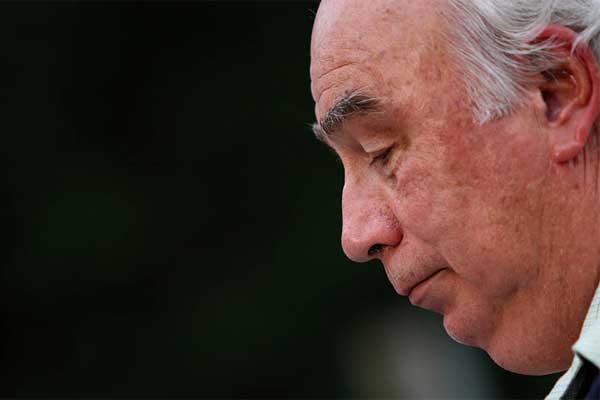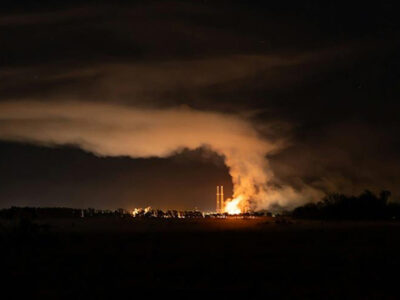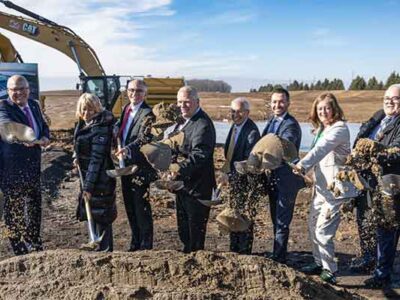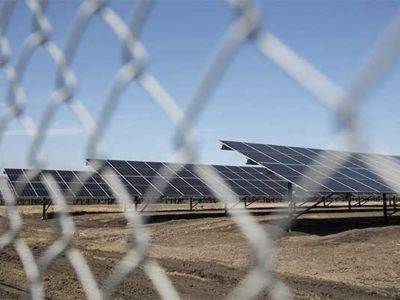As demand for fossil fuels weakens, U.S coal baron Robert Murray, who has applied pressure to the Trump administration to support his industry, has placed his company into bankruptcy.
As a Trump supporter and donor, Murray gave the administration a wish list of regulatory rollbacks to boost his company over cheaper natural gas and renewables. It didn’t save coal.
The Ohio-based Murray Energy is the latest in a wave of bankruptcy filings by coal companies that are struggling to compete in a market where their product—once the lowest-cost fuel for producing electricity—is now more expensive than natural gas and renewable sources.
Murray Energy’s bankruptcy has been telegraphed for years, according to CNN.
It had previously failed to make payments to lenders and had entered into a forbearance agreement that bought it time to negotiate a restructuring. But that grace period came and went, and Murray Energy was unable to pay its bills.
The company has now formed a new restructuring agreement with some of its lenders, representing about 60 percent of Murray’s $1.7 billion in liabilities.
It received USD $350 million in credit to keep its 7,000 employees and operations at its 17 active mines, active through bankruptcy.

Fossil fuel is a general term for buried combustible geologic deposits of organic materials, formed from decayed plants and animals that have been converted to crude oil, coal, natural gas, or heavy oils by exposure to heat and pressure in the earth’s crust over hundreds of millions of years. (Archive /Jean-Sebastien Evrard/AFP/Getty Images)
Murray, who referred to climate change as an “environmental hoax”, has been replaced as CEO by chief financial officer Robert Moore—but will remain as the company’s chairman.
Murray had pressured the Energy Department to declare a national security emergency so it could require grid operators to buy power from uneconomical coal power plants and prop up the industry, something federal regulators said wasn’t necessary.
He began working in coal mines at 16 to support his family, has had deep union ties. Before starting his St. Clairsville, Ohio-based company in 1988, he spent 31 years at North American Coal Corp., eventually becoming CEO.
It’s not been a good year for coal. Only recently, Chubb Corporation, the world’s largest publicly traded commercial property, and casualty insurance company in the U.S said it will no longer insure new coal power plants.
Coal’s share of U.S power generation is set to fall to 22 percent by 2020, compared to around 25 percent today.
The high-polluting fossil fuel’s dominance in the U.S electricity mix is being edged out by cleaner sources like natural gas and renewables.
The U.S government estimates domestic production of coal to fall to 679 million tonnes this year, down from one billion five years ago.















Comments